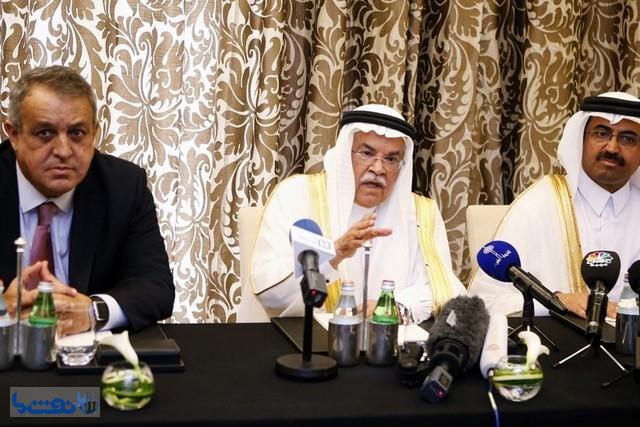With oil production still running ahead of demand, this would be an odd time for the world's low-cost producers to throw a lifeline to high-cost rivals.
۰
تاریخ انتشارسه شنبه ۳۱ فروردين ۱۳۹۵ - ۱۵:۱۹
کد مطلب : ۴۲۶۶۰
Saudis Won't Shed Any Tears Over DohaSaudis Won't Shed Any Tears Over Doha
Julian Lee




